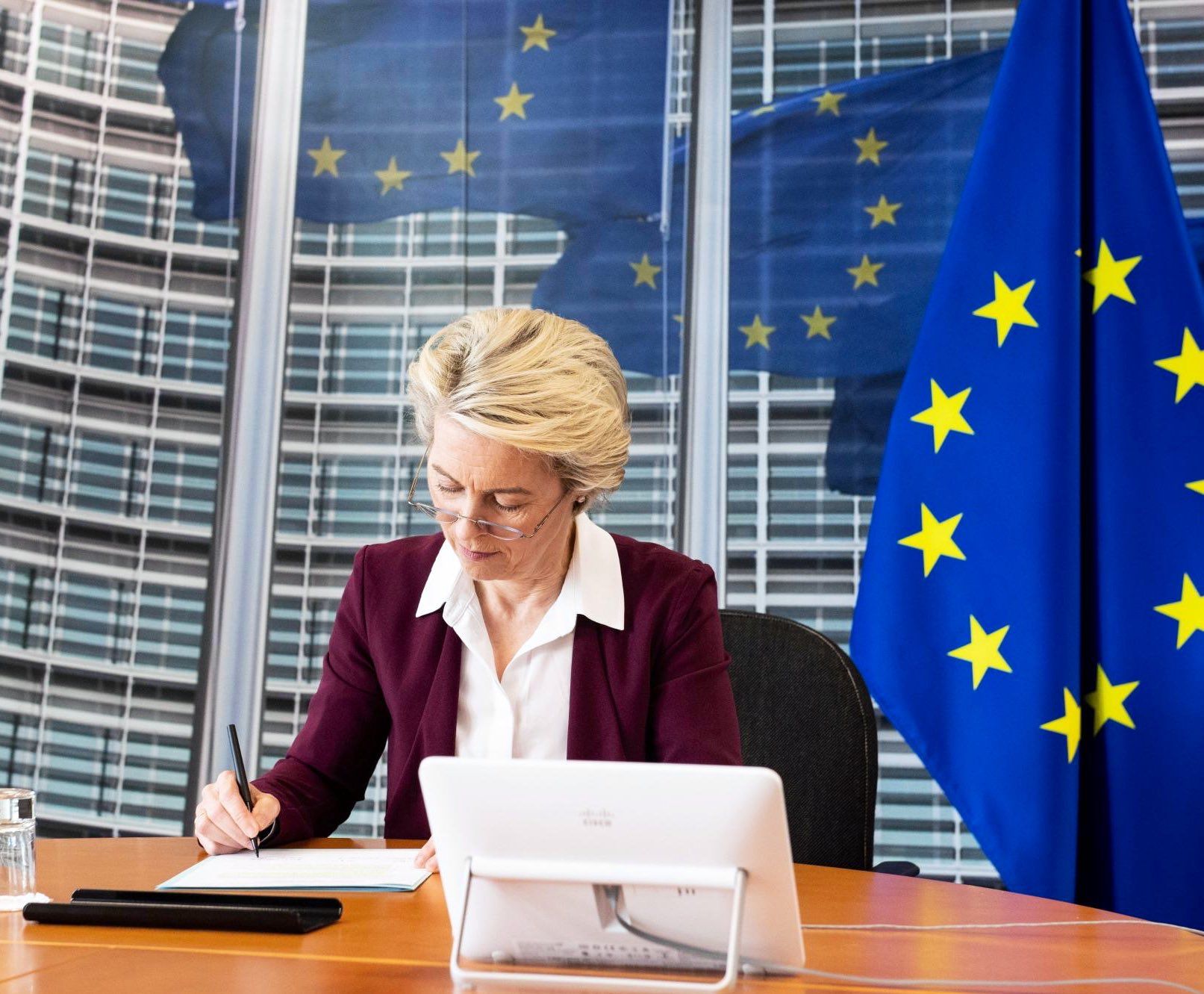“We did it,” said Ursula von der Leyen, President of the European Commission, last week in her annual state of the union address. Europe is now, “against all critics, among the world leaders” with more than 70% of its population fully vaccinated.
She announced that the EU had exported half its vaccines, “We delivered more than 700 million doses to the European people, and we delivered more than 700 million doses to the rest of the world. We are the only region to achieve that.” This comes in contrast to last year’s situation when headlines called the EU’s slow vaccine rollout a “crisis”, a “catastrophe”, a “debacle”, a “disaster” and a “fiasco”, while the US and the UK were vaccinating their people at a record high.
Adding to it, the World Health Organization drew parallels between Europe’s rollout with the UK’s, calling it “unacceptably slow” in March. While 29% of the US’ population and 46% of Britain’s had already been jabbed with the first dose by April, only 11% of bloc’s had been administered with the first dose.
Also Read | Bulgaria, EU’s least vaccinated nation, sees COVID cases soar
Last week, however, according to Our World in Data, things looked different.
Nine EU countries, including Portugal, Spain, Ireland, France, Belgium and Italy, have now administered one or both doses of a COVID-19 vaccine to a larger share of their populations than the UK, with five overtaking the US.
The European commission’s collective purchase plan was approved by the 27 in June 2020, further dissolving the France and Germany vaccine alliance.
The commission then approached talks with manufacturers regarding delivery pricing, trade negotiations and eventually signed a few contracts.
Following the process, Astrazeneca failed to deliver more than a fraction of the 300 million doses ordered for the first and second quarters of 2021.
In February Von der Leyen said the bloc was “not where we want to be. We were late to authorise. We were too optimistic when it came to massive production, and perhaps too confident that what we ordered would actually be delivered on time.”
Later, rare blood clotting problems caused 13 EU states to suspend the Astrazeneca shot.
As summers approached, the commission had talks about new orders of Pfizer/BioNTech vaccine in mid-April, finally sealing a mega-deal for 1.8 billion shots through to 2023.
Domestic health passes needed to access public places have boosted the National vaccination drives dramatically.
So much so that many member states have successfully administered the first dose to nearly 80% of 12 to 17-year-olds.







